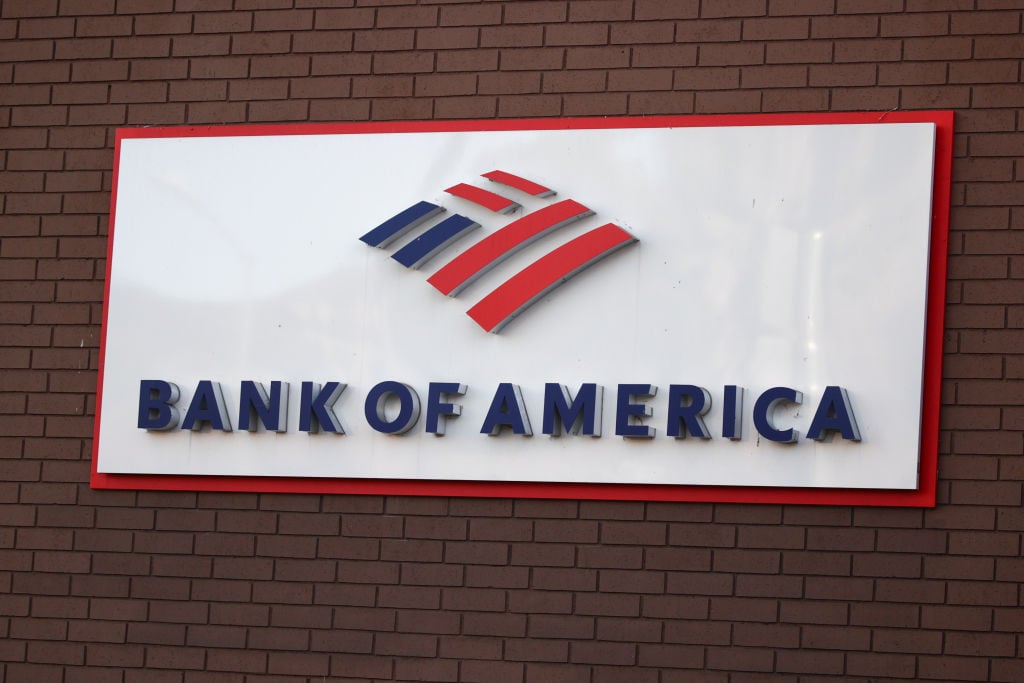Brace yourselves, Fools. In the next few days, we'll learn of well over a trillion dollars of government aid showering the economy. What do our fearless leaders have planned?
Stimulus showdown
On Tuesday, the Senate will vote on a now-$827 billion stimulus bill. If passed, the bill will have to reconcile its way back through the House of Representatives before making its way to President Obama's desk.
As I noted last week, making speed priority No. 1 seems like a scary prospect. A report by the Congressional Budget Office estimates that only $92 billion of the original House version of the stimulus will be spent in fiscal 2009 (ending Sept. 30), and almost half of the outlays won't take place until fiscal 2011 and beyond. There may indeed be a time bomb hovering over the economy -- I just don't see how a rushed and ill-conceived bill will do anything to defuse it. If we're going to do this, we'd better do it right. As Sen. John Ensign, R-Nev., said over the weekend, "You don't get do-overs with a trillion dollars."
All eyes on Geithner
Also on Tuesday, we'll hear Treasury Secretary Tim Geithner's plan to right the financial system. Call it TARP 2 … or 3 … whatever. I've lost count. No one knows for sure, but the consensus predicts he'll come out swingin' with a menu of tools such as asset guarantees like the ones implemented at Citigroup (NYSE:C) and Bank of America (NYSE:BAC), as well as an "aggregator bank" designed to house bad assets.
One idea rumored to be a possibility is funding that aggregator bank with both government money and private capital. While there's no clarity on how (if at all) this will work, it's easy to fire holes in any quasi-government/quasi-private entity.
Private capital isn't that gullible, after all. They can already purchase toxic assets, they just choose not to because (a) most of the assets are tied to housing, where no sane analyst can see a bottom, and (b) the major buyers for these securities -- hedge funds, pension funds, other banks, etc. -- don't have the firepower they used to. Those still alive are in damage-control mode, not willing to take the risk needed to support a mortgage market created in Neverland.
So, guess who'll foot the bill …
Hence, the only way the government can lure private capital into the equation is to de-risk the assets. For example, if the government provided seed capital for an aggregator bank in hopes of pulling in private funds, it would probably have to swallow losses before private investors took a hit. Furthermore, with artificially low-risk or no-risk investment opportunities, an aggregator bank with private capital at the helm would likely systematically overpay for assets, leaving taxpayers holding the bag -- a common theme these days.
A couple of things I'll be watching closely this week:
- Bank stocks. B of A, Citigroup, JPMorgan Chase (NYSE:JPM), Wells Fargo (NYSE:WFC), Goldman Sachs (NYSE:GS), and a slew of other banks exploded last week as news of Geithner's new plan trickled out. That's fantastic news -- the higher bank stock prices are, the more capital they can raise on their own; the more capital they raise on their own, the less likely nationalization becomes a possibility, and the less Ayn Rand tosses in her grave.
- Treasury prices. Oh yes, these trillion-dollar endeavors have to be paid for somehow. As news of precisely how much cash will need to be raised in the coming years becomes clear, I'm curious to see how the Treasury market reacts. Why? Because it's currently basking in the bubble to end all bubbles, with interest rates hovering at or around zero. That won't last for long, and when it ends, the total cost of these bailouts will grow ever larger. Relying on borrowing money at 0% while digging trillion-dollar holes is an economic disaster in itself.
Stay tuned. We'll keep you updated as the week unfolds.
For related Foolishness:







